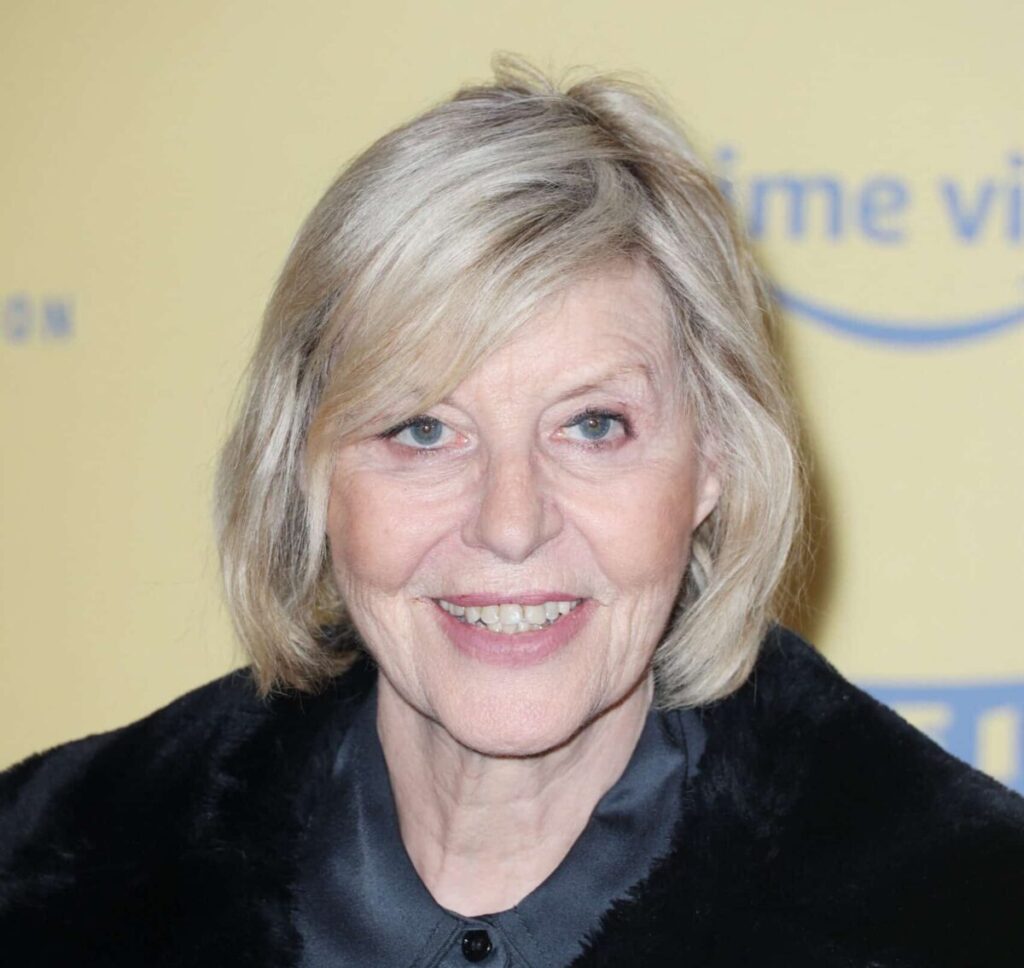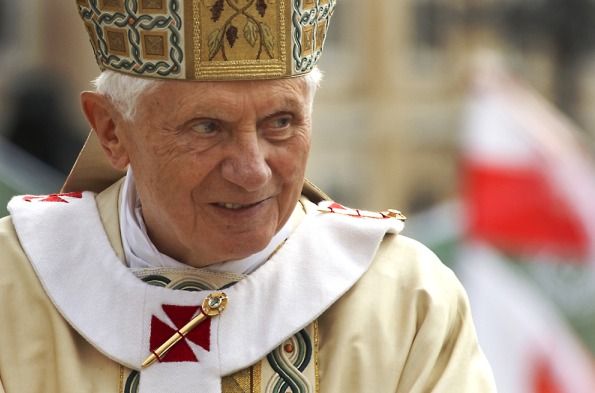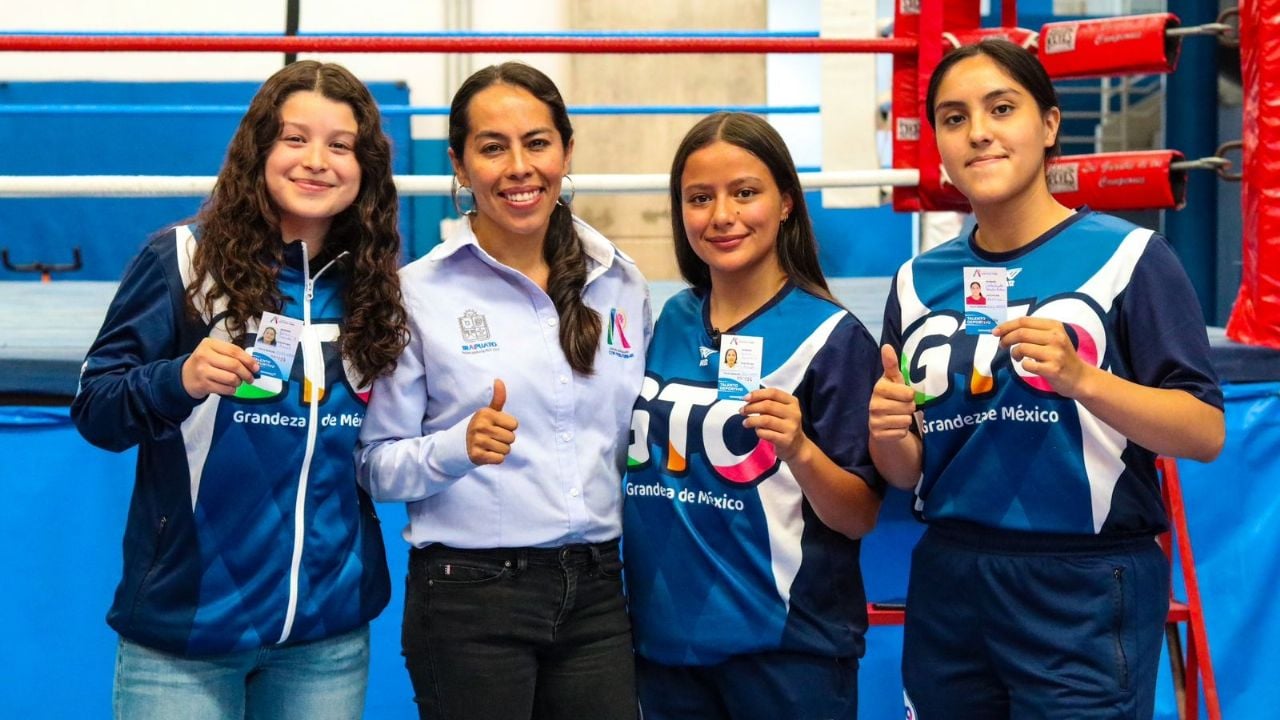The Next Pope: Analyzing The Potential Candidates And Their Platforms

Table of Contents
Cardinal Candidates and Their Theological Positions
The Papal Conclave, where Cardinal electors gather to elect the next Pope, is a complex and secretive process. The Cardinals, chosen by the previous Pope, represent diverse theological viewpoints and geographical regions. Understanding their individual positions is vital in predicting the direction the Church might take.
Cardinal X: Emphasis on Social Justice and Environmentalism
Cardinal X represents a progressive wing within the Church, echoing many of Pope Francis's concerns. His theological position strongly emphasizes social justice, environmental concerns, and a commitment to combating climate change.
- Specific examples: Cardinal X has publicly championed the rights of migrants and refugees, advocating for policies that prioritize their well-being. He has also delivered powerful speeches condemning environmental destruction and promoting sustainable practices. His recent book, "A Just and Sustainable Future," further elaborates on these themes.
- Comparison to Pope Francis: Cardinal X's views align closely with Pope Francis's encyclical Laudato Si, demonstrating a shared commitment to environmental stewardship and social justice. However, Cardinal X may push for even bolder action on climate change and social equity.
- Conservative vs. Progressive Theology: Cardinal X's emphasis on social justice places him firmly within the progressive camp, contrasting with more conservative cardinals who prioritize traditional doctrinal interpretations.
Cardinal Y: Focus on Traditional Doctrines and Family Values
Cardinal Y represents a more conservative faction within the Church, prioritizing the upholding of traditional Catholic doctrines and family values. His theological position emphasizes a strict adherence to established Church teachings.
- Specific examples: Cardinal Y has consistently spoken out against abortion, same-sex marriage, and other issues considered morally objectionable by traditional Catholic teaching. He has authored several books defending traditional moral theology. His public pronouncements often highlight the importance of upholding traditional family structures.
- Traditional Catholicism: Cardinal Y's strong emphasis on traditional doctrines and moral theology reflects a desire to maintain the Church's historical teachings and practices.
- Differences from Progressive Viewpoints: His views stand in stark contrast to more progressive cardinals who advocate for greater inclusivity and adaptation to contemporary social challenges.
Cardinal Z: A Bridge Between Tradition and Modernity
Cardinal Z represents a potential bridge between the traditional and progressive wings of the Church. His approach seeks to reconcile traditional doctrines with the challenges of the modern world.
- Modern Challenges: Cardinal Z acknowledges and addresses the challenges facing the Church in the 21st century, including secularization, globalization, and interfaith relations.
- Dialogue and Ecumenism: He actively promotes interfaith dialogue and ecumenism, seeking common ground with other Christian denominations and faiths. He has a track record of fostering understanding and collaboration.
- Balance of Tradition and Progress: Cardinal Z's approach demonstrates a skillful balance between upholding traditional doctrines while adapting to contemporary societal changes. He seeks to foster a Church that is both faithful to its heritage and relevant to the modern world.
Geopolitical Considerations in Papal Selection
The selection of The Next Pope involves more than just theological considerations. Geopolitical factors play a significant role. The Catholic Church is a global entity with a vast and diverse following.
- Global Catholicism: The College of Cardinals considers the global distribution of Catholics when choosing a Pope. Regional representation is a key factor, ensuring that the Pope represents the Church's worldwide presence.
- Regional Representation: The selection process often aims to achieve a balance between different regions, ensuring representation from various continents and cultures.
- Political Influence: While the Vatican maintains its independence, the geopolitical landscape influences the choices made by the Cardinals. The election of a Pope from a specific region could affect the Church's relationships with various governments and international organizations.
Predicting the Next Pope: Challenges and Possibilities
Predicting the outcome of the Papal Conclave is inherently challenging due to the secretive nature of the process. The electors' deliberations are confidential, and various factors influence their decisions.
- Papal Election: The election itself is a highly private affair, making accurate predictions extremely difficult.
- Conclave: The cardinals' discussions within the conclave are shielded from public view, enhancing the secrecy and unpredictability of the outcome.
- Unpredictability: Historical precedents showcase instances where unexpected candidates have emerged as Pope, highlighting the unpredictable nature of the selection process.
Conclusion
The selection of The Next Pope presents a complex interplay of theological viewpoints and geopolitical considerations. The potential candidates, such as Cardinal X, Cardinal Y, and Cardinal Z, represent a spectrum of beliefs, from progressive to conservative. Predicting the outcome is difficult due to the secrecy of the conclave. However, understanding the potential candidates' platforms and the geopolitical factors at play allows for a more informed perspective. The choice of The Next Pope will significantly impact the future direction of the global Catholic Church. Continue following the developments leading up to the Papal Conclave and stay informed about the potential candidates and their platforms to better understand the implications of choosing The Next Pope. Keep reading our articles for further updates on the next pope election.

Featured Posts
-
 3 S 10
May 11, 2025
3 S 10
May 11, 2025 -
 Chantal Ladesou Ne Mache Pas Ses Mots Ses Critiques Acerbes Sur Ines Reg
May 11, 2025
Chantal Ladesou Ne Mache Pas Ses Mots Ses Critiques Acerbes Sur Ines Reg
May 11, 2025 -
 Next Papal Election Potential Candidates For The Papacy
May 11, 2025
Next Papal Election Potential Candidates For The Papacy
May 11, 2025 -
 Jeremy Stephens Ufc Return Fans React To Shocking Comeback
May 11, 2025
Jeremy Stephens Ufc Return Fans React To Shocking Comeback
May 11, 2025 -
 Cinco Uruguayos Buscan Apoyo Para El Mundial De Karate Full Contact
May 11, 2025
Cinco Uruguayos Buscan Apoyo Para El Mundial De Karate Full Contact
May 11, 2025
